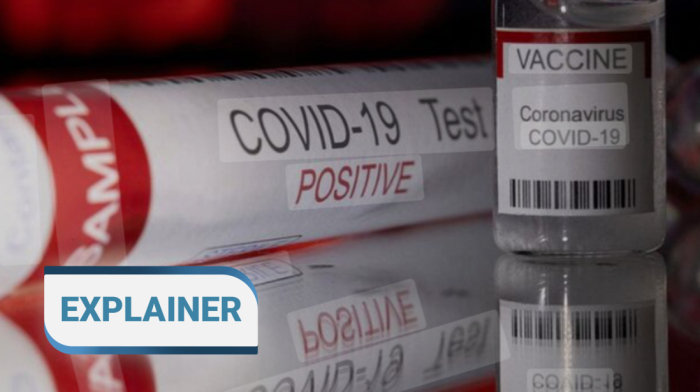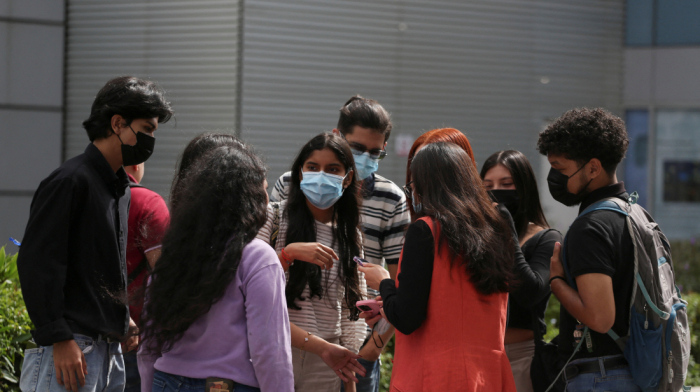British cyclist Froome undergoes surgery in Toulon after crash
Four-time Tour de France winner Chris Froome was airlifted to hospital in Toulon after suffering a training crash which left him with broken ribs, a collapsed lung and a back fracture, his team Israel-Premier Tech said on Thursday (August 28).



















